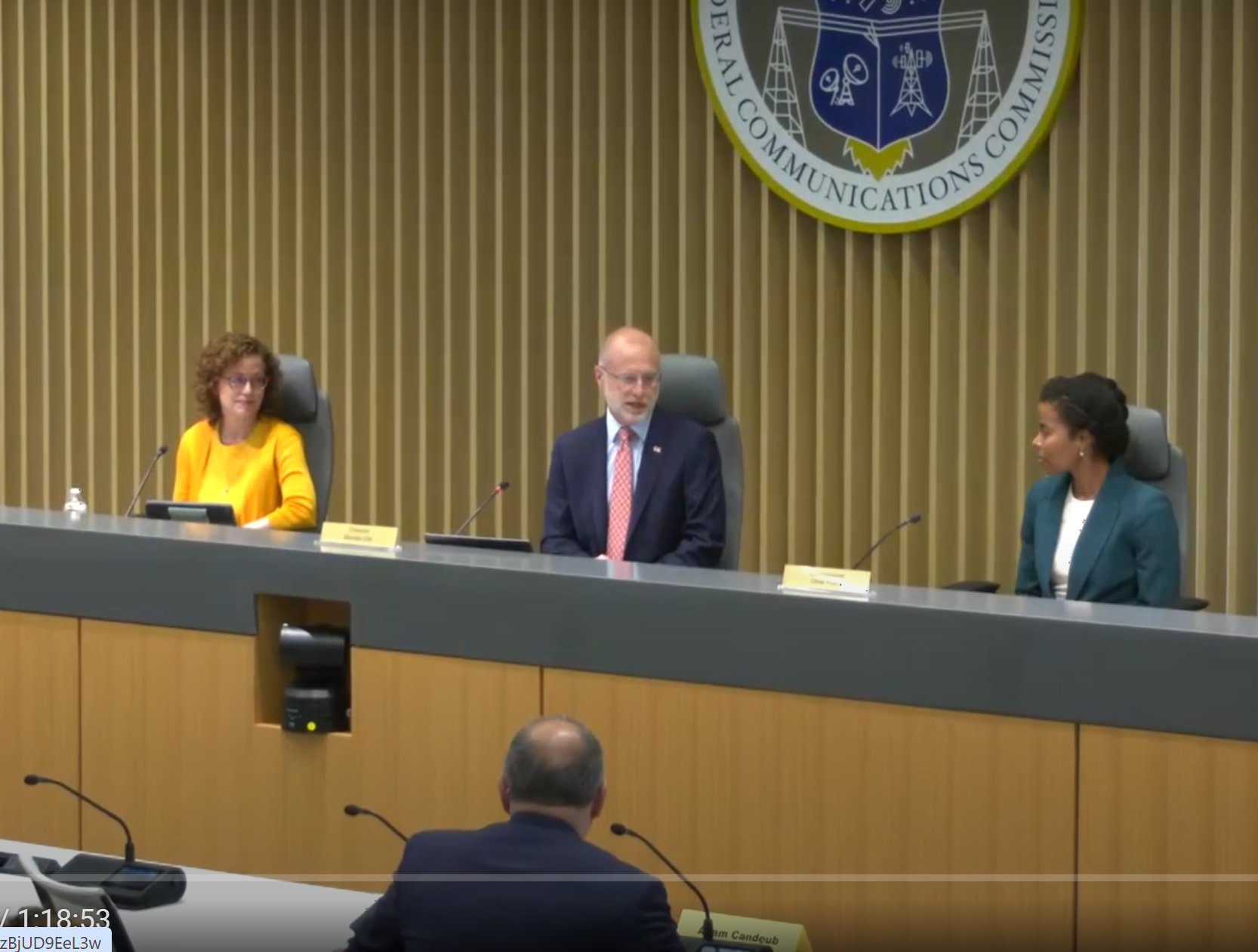Cable lobby acts in regards to Martin’s regulatory initiative
Washington insiders know well that raw data can be manipulated to justify arguments for or against an issue. Last week, the nation’s largest cable operators proved the point.
Just try to get a straight answer on whether or not cable television has reached a 70 percent penetration of American homes. It’s not easy, and it depends on who you ask.
The Free Press, a consumer advocacy group, says “the record shows strong evidence that the [70 percent] standard has been met.” If that’s the case, the law says the FCC has the right regulate the cable industry.
Don’t be so sure of that number, argues Kyle McSlarrow, president of the National Cable & Telecommunications Association, the lobbyist for the major cable companies. Last week, he justified his salary by effectively planting a seed of doubt.
“We applaud the leadership of each commissioner who questioned and withstood the attempt to use incomplete data in order to justify greater regulation that is completely unwarranted by the competitive marketplace,” he said after shutting down chairman Kevin Martin’s initiative to regulate his industry.
Prior to last week’s FCC meeting, Martin had tried to convince his fellow commissioners that the cable industry had grown big enough to warrant tough new rules. As his evidence, Martin used a single study, from an independent research company called Warren Communications, estimating the number of U.S. cable subscribers met the 70 percent threshold.
Martin’s move sent the cable industry into action. Executives from Comcast, Time Warner Cable and Charter Communications met with all of the FCC commissioners except Martin. They also met with about 30 lawmakers on Capitol Hill, most of them from the commerce committees that have jurisdiction over the FCC.
The professional video industry's #1 source for news, trends and product and tech information. Sign up below.
Under enormous pressure and party labels aside, the other four FCC commissioners doubted whether the study was complete. Even his supporters accused Martin of hiding evidence favorable to the cable industry. It was a crushing defeat for Martin, whose tenure ends when President Bush leaves office.
Martin said he included only that data because he thought it was the most reliable. He admitted to the “Washington Post” that he omitted other studies that showed cable had fewer subscribers than the Warren study as well as ones that showed it had more.
“Of course, in hindsight, I would have probably proposed something else because what I proposed didn’t garner the support of a majority of the commission,” Martin told the “Post.” “Tomorrow is another issue and another battle.”
And the lobbyists are ready. “It’s a textbook example of how a sophisticated trade association can mobilize resources on short notice and stave off a major defeat,” Andrew Schwartzman told the “Washington Post.” Schwartzman is president of the Media Access Project, a consumer advocacy group opposed to the cable industry position.
